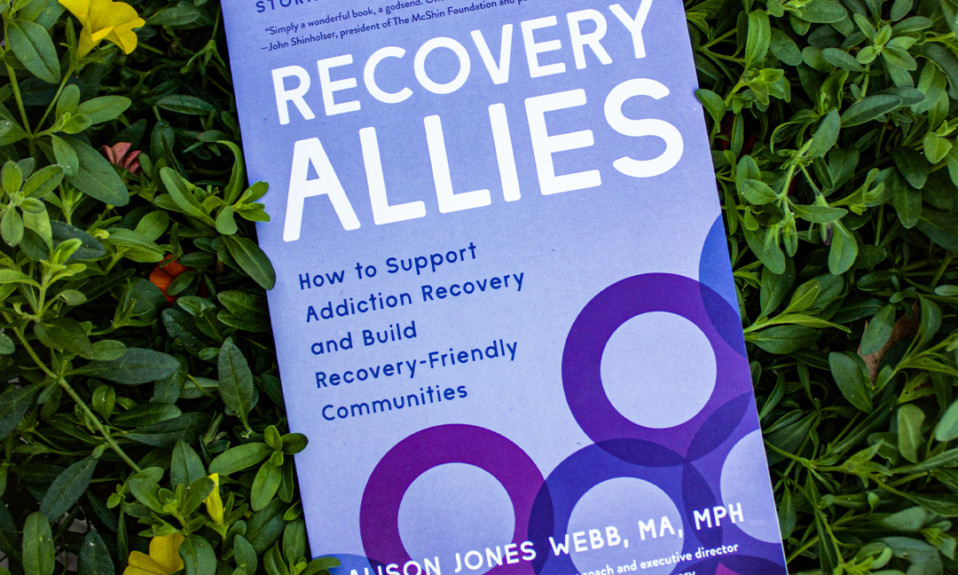Research indicates that “severely problematic” TV news consumption can have deleterious effects on both the mind and body—but there are ways to avoid it
By John Lavitt
An addiction to watching the news is more common—and harmful—than you might think. Many people don’t even believe news addiction is a real affliction. After all, everyone seems to watch 24/7 news channels like CNN, MSNBC and Fox News. Then again, if you’ve returned to the office now that the COVID pandemic is ebbing, perhaps you’ve heard this kind of chatter around the water cooler:
- “The first thing I do when I get up in the morning is turn on the news. I have to know what I might have missed.”
- “I know watching the news before bed keeps me up at night, but it’s just what I do. Sometimes I can’t get the images out of my head.”
- “Turning on the news when I get home distracts me from spending time with my kids. When I watch the latest story, I tend to ignore them.”
- “I know watching the news all the time gives me anxiety, but I’m even more worried about not keeping up.”

If you experience any of these reactions, you are not alone. In today’s world, televised news delivery often feels like a constant blaring that we aren’t allowed to turn off. It’s the job of the 24/7 anchors to make us think we will lose out if we don’t stay on the cutting edge. These channels manipulate viewers by making a false connection to personal relevance. You wind up feeling like your value as a human being is connected to keeping up with the latest stories.
As a result of this widespread trend, medical researchers are conducting new investigations. In a recent study published in the peer-reviewed journal Health Communication, researchers analyzed an online survey taken by more than 1,000 adults. According to the findings, 16.5% of those adults showed signs of “severely problematic” news consumption. When the researches delved into the data about those individuals, a direct connection to adverse mental health issues and physical health symptoms became apparent.
For example, 73.6% of individuals with severe problematic news consumption reported experiencing mental ill-being “quite a bit” or ”very much.” In contrast, such a frequency of adverse mental health effects was reported by only 8% of study participants not consumed by the news. Concerning physical consequences, 61% of those with severe levels of problematic news consumption reported experiencing physical ill-being “quite a bit” or ”very much.” In contrast, only 6.1% of the other study participants experienced such physical issues.
The takeaway? Extreme news consumption can be damaging. As Bryan McLaughlin, PhD, associate professor of advertising at the College of Media and Communication at Texas Tech University, explains, “For these individuals, a vicious cycle can develop in which, rather than tuning out, they become drawn further in, obsessing over the news and checking for updates around the clock to alleviate their emotional distress. But it doesn’t help, and the more they check the news, the more it begins to interfere with other aspects of their lives.”
Curbing News Addiction
According to the study findings, treating news addiction is not like treating drug or alcohol addiction. With news addiction, you don’t have to stop watching altogether. Instead, the key is to moderate the amount you watch. You can form a healthier relationship with the news, defined by your needs and not the unceasing beckoning of the desperate-for-ratings news anchors.
It’s important to accept that you don’t need to know everything immediately.
These four guidelines might help:
- Avoid watching the news and read it instead. Not tuning in to the news prevents you from seeing the negative repetition of stories. Instead, rely on trusted written sources.
- Diversify your news sources and get a balance of viewpoints. By taking this approach, you get a better perspective and a fuller picture.
- Turn off push notifications from news sources on all devices. It’s important to accept that you don’t need to know everything immediately. News outlets employ the notion of “missing out” to manipulate viewers into consuming more of their content.
- Carve out specific times to get your news and stick to them. If you find it essential to keep watching, limit yourself to twice a day for 30 minutes to an hour. This will enable you to maintain balance in your life.
Top photo: Shutterstock














